In our article Recirculating frass from food waste bioconversion using black soldier fly larvae: Impacts on process efficiency and product quality recently published in the Journal of Environmental Management, we showed that food waste-derived frass, an unstable fertilizer with phytotoxic properties when used fresh, can be reused in the bioconversion process as part of the larvae’s feed. This approach offers several benefits for both the process and the quality of the resulting larval biomass and frass fertilizers.
Several studies reported phytotoxicity (adverse effects on plant growth, physiology or metabolism cause by several different substances) in frass from black soldier fly larvae (BSFL), especially when growing crops in greenhouses and using frass as a fertilizer or growing media. We believe that this phytotoxicity is related to the fact that waste bioconversion with BSFL is very rapid (< 14 days), and that there therefore is no time for the organic matter to be stabilized. Stabilizing this “fresh” frass’ organic matter is crucial for its safe use as a fertilizer or soil amendment. However, studies have shown that the post-composting of frass can be the major source of greenhouse gas emissions and increase the overall environmental impact of this treatment. Finding a more viable and sustainable way of stabilizing fress frass was the main goal of this study.
The hypothesis of the study was that a significant portion of the organic matter in food waste-derived frass remains relatively undigested, allowing the BSFL to further consume and digest it, thereby increasing the degree of decomposition. This hypothesis was confirmed, as the frass produced after consuming the food waste with frass inclusion (called recirculated frass) had a lower organic matter content than the fresh frass. In addition, several characteristics of the recirculated frass pointed towards higher maturity and higher stability, which indicates that it is safer to use as fertilizer. Interestingly, not only the resulting frass, but also the larval biomass was positively affected with this frass recirculation process. A significant correlation of larval biomass composition and frass-inclusion rate was establisheda, showing that as frass inclusion increased, the larval biomass had higher protein content and lower fat content. Considering that protein ingredients are the most expensive input in animal feeds, this is likely to be of interest to the insect industry.
One of the most intriguing findings of this study was that recirculating frass back into the bioconversion process significantly increased the larval yield per unit of waste. This indicates that incorporating fresh frass into the larvae’s diet allows for a higher biomass of larvae using the same amount of waste. This innovative method for enhancing both the process and product quality is highly promising. We are now developing new studies on frass recirculation to better understand the underlying mechanisms and explore any additional benefits this approach may offer.
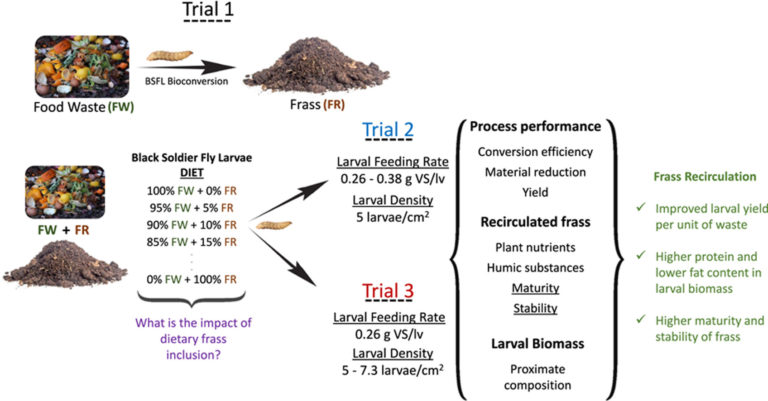
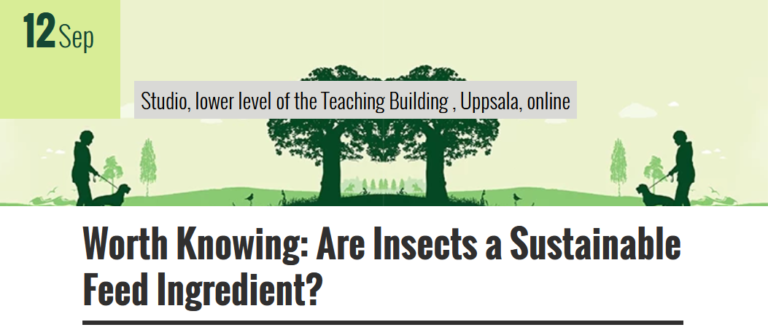


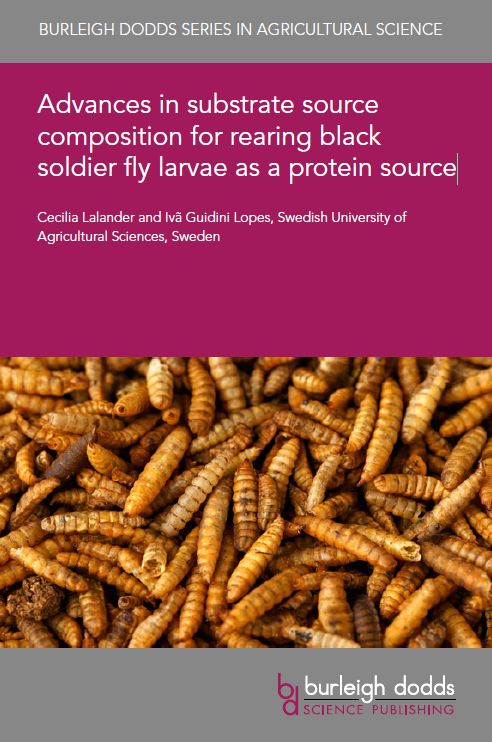
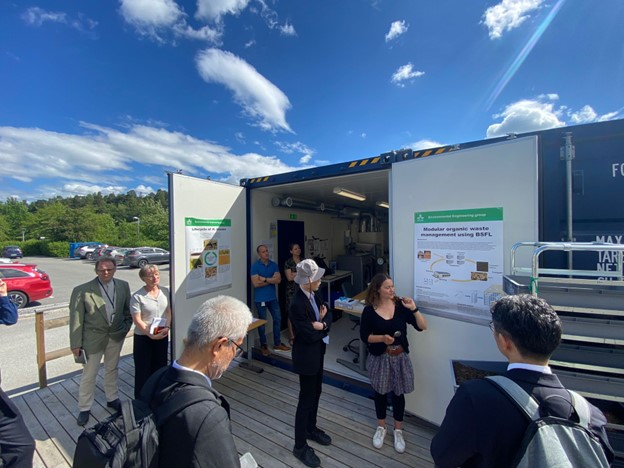
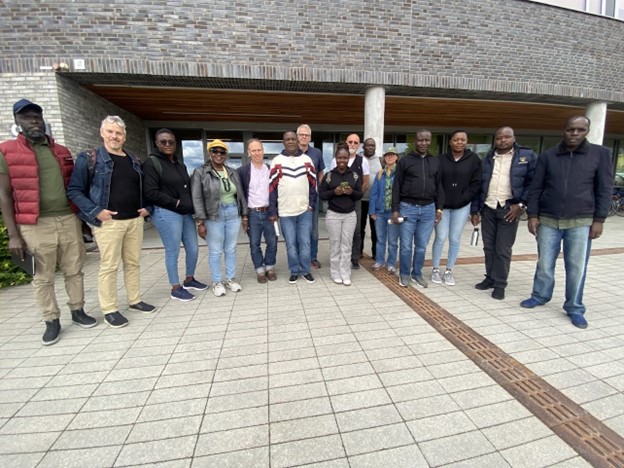
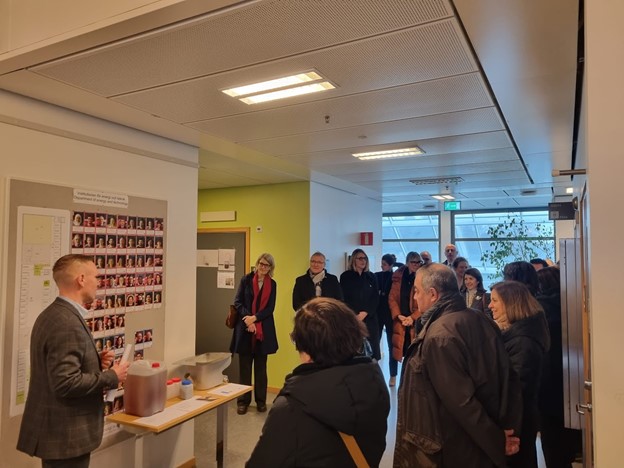
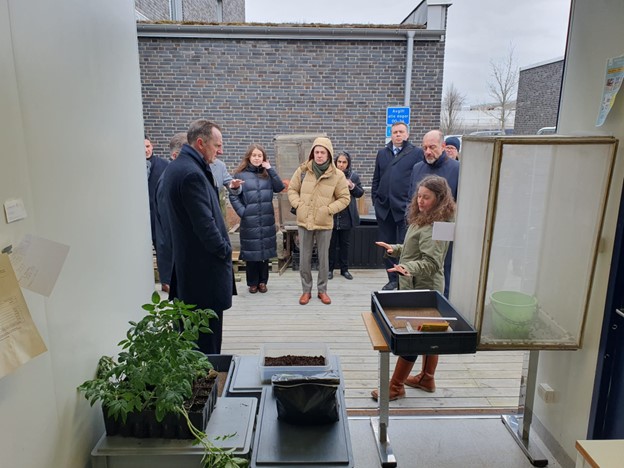
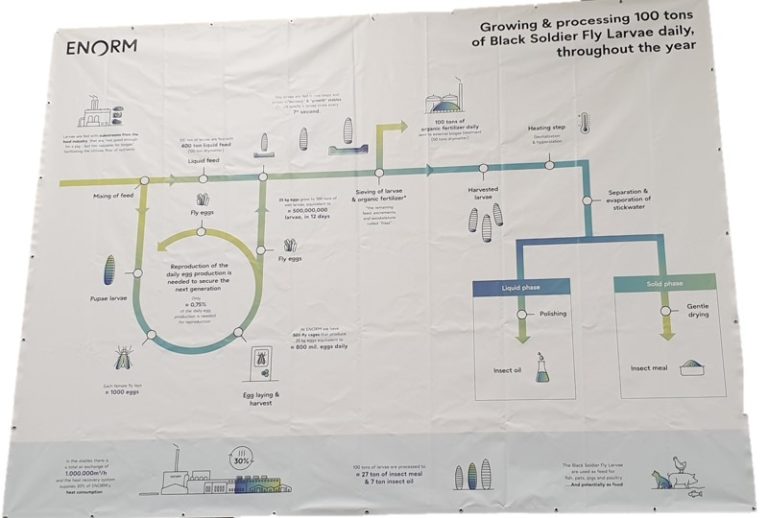
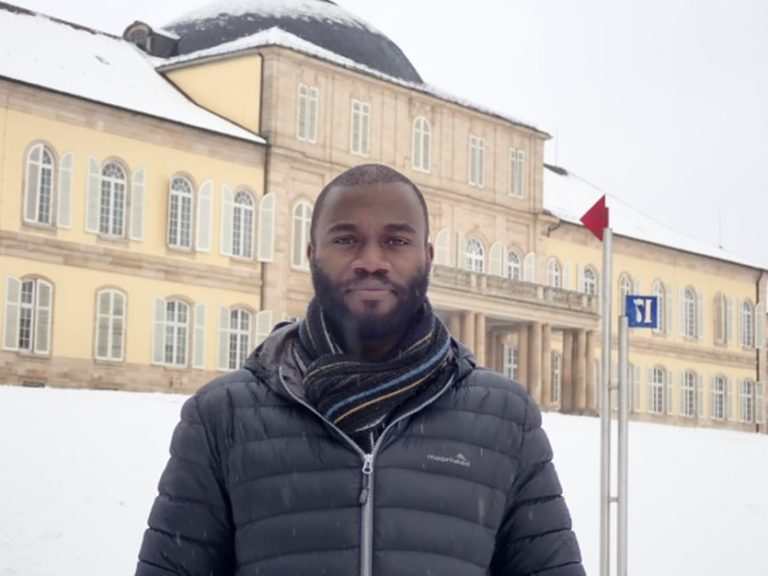
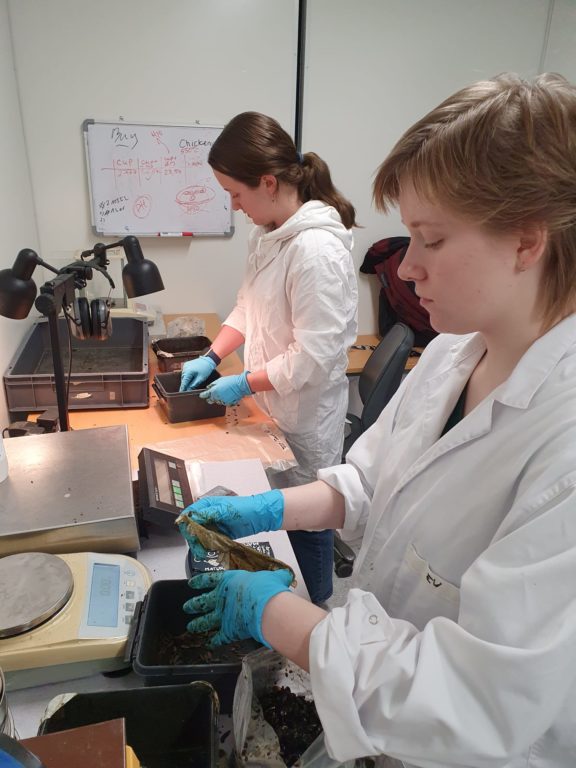
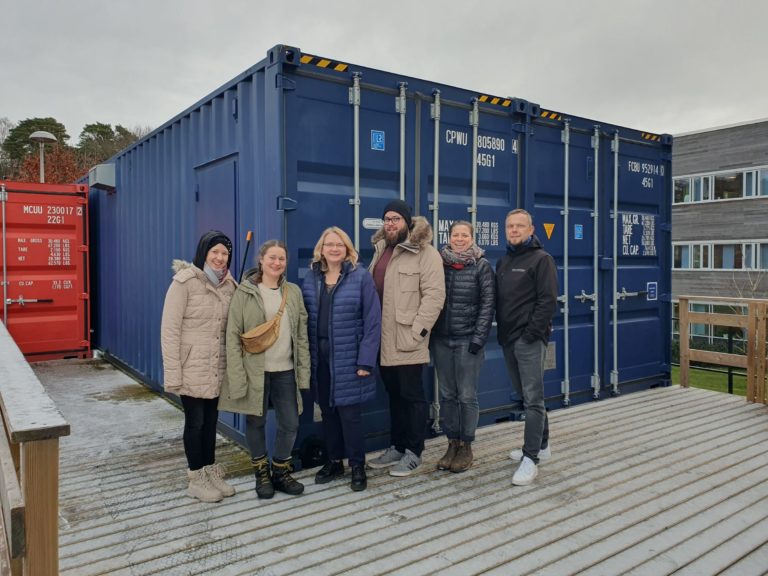
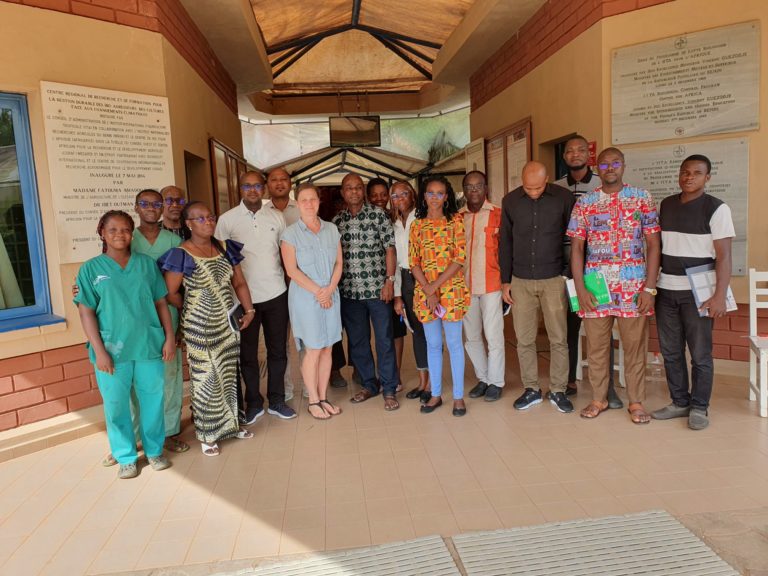
We are happy to share our new publication “Advances in substrate source composition for rearing black soldier fly larvae as a protein source“, published as a chapter of the book “Insects as alternative sources of protein for food and feed”, published by Burleigh Dodds Science Publishing
In this chapter, Cecilia and Ivã discuss some of the challenges faced by the BSF industry in relation to the feed substrates available for rearing this amazing insect species. Bioconvesion is affected by many variables and it is not easy to always have good predictability of the process and product composition combined with environmental sustainability.
We strongly believe that the real value of BSF larvae can only be extracted when waste streams are used as feed substrate (especially post-consumer waste) and when the larvae end up as feed for livestock. This, in our view, is the real path to sustainability!